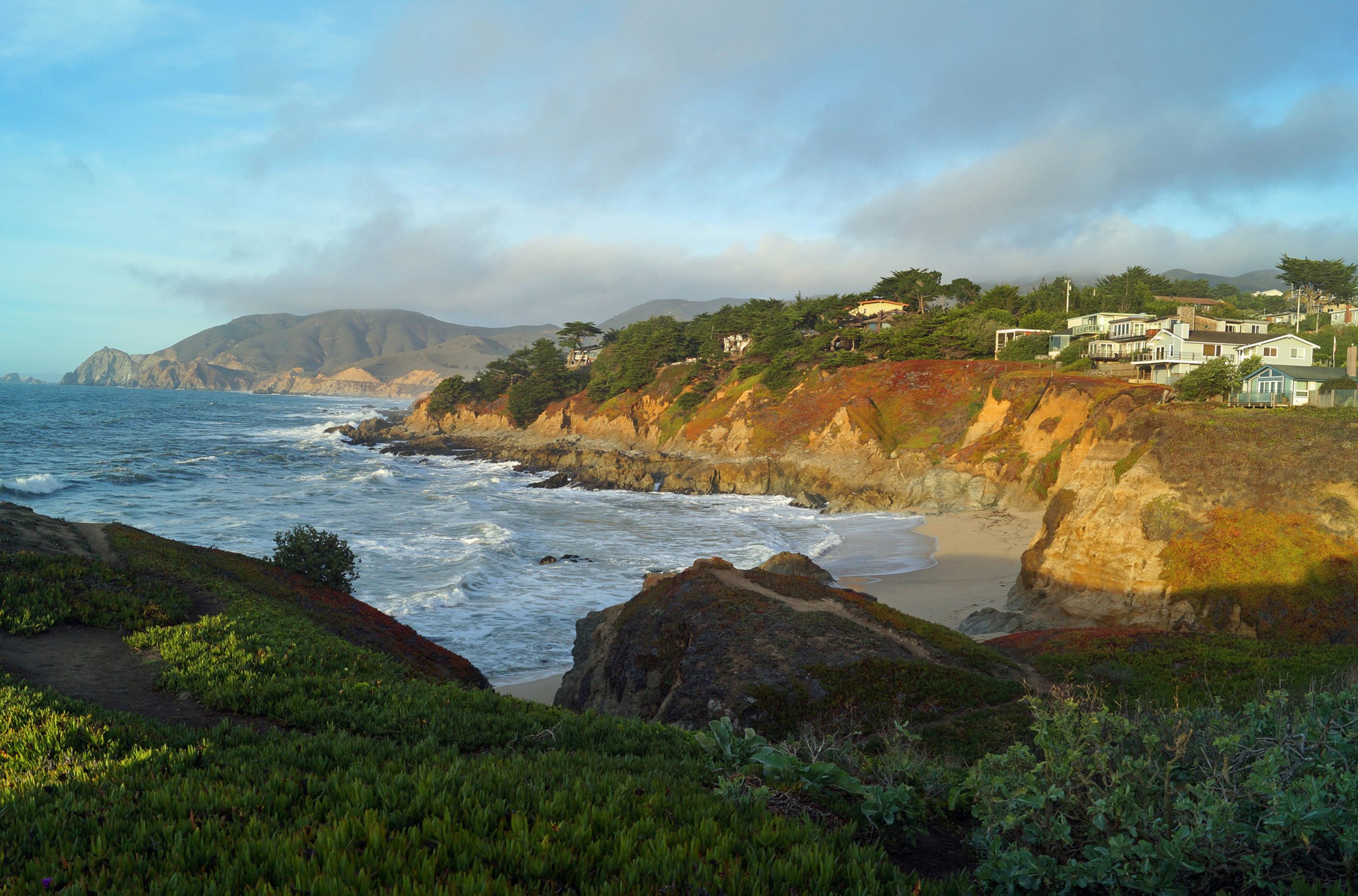20 Cities. One County. A Team Effort.
Water pollution degrades surface waters, making them unsafe for drinking, fishing, swimming, and other activities. The San Mateo Countywide Water Pollution Prevention Program (the public outreach arm of which is Flows To Bay), was established in 1990 to reduce the pollution carried by stormwater into local creeks, the San Francisco Bay, and the Pacific Ocean.
National Pollutant Discharge Elimination System Permit
The program is a partnership of the City/County Association of Governments (C/CAG), each incorporated city and town in the county, and the County of San Mateo, which share a common National Pollutant Discharge Elimination System (NPDES) permit. The Federal Clean Water Act and the California Porter-Cologne Water Quality Control Act require that large urban areas discharging stormwater into the San Francisco Bay or the Pacific Ocean have an NPDES permit to prevent harmful pollutants from being dumped or washed by stormwater runoff into the stormwater system, then discharged into local water bodies. The municipalities in San Mateo, Santa Clara, Alameda, Marin, Sonoma, Solano, San Francisco, Fairfield/Suisun, Vallejo, and Contra Costa Counties have each obtained these permits. Certain types of businesses must also apply for individual coverage under a statewide Industrial General Permit by filing a Notice of Intent (NOI) with the State Water Resources Control Board. Other institutions, including universities, air force bases, state parks, and transportation agencies, operate under a separate permit, called the statewide Phase II Small MS4 General Permit.
Municipal Regional Permit
The Municipal Regional Permit (MRP) outlines the State’s requirements for municipal agencies in San Mateo County to address the water quality and flow-related impacts of stormwater runoff. Some of these requirements are implemented directly by municipalities while others are addressed by the San Mateo Countywide Water Pollution Prevention Program on behalf of all the municipalities. The MRP is a comprehensive permit that requires activities related to construction sites, industrial sites, illegal discharges and illicit connections, new development, and municipal operations. The permit also requires a public education program, implementing targeted pollutant reduction strategies, and a monitoring program to help characterize local water quality conditions and to begin evaluating the overall effectiveness of the permit’s implementation.
